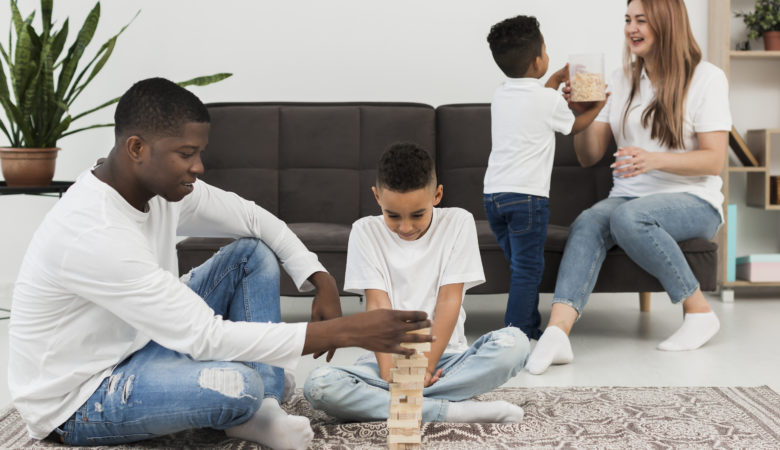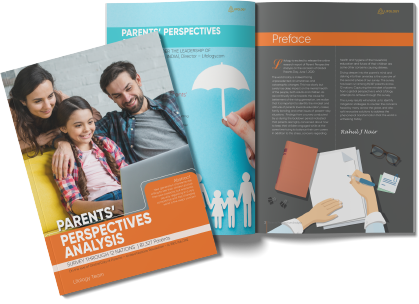We are now in an inevitable transition from the conventional organized work environment to a new, innovative, and technological one. This phase demands the widespread use of computers and the internet even in the unimaginable spheres of our work. The transition will be difficult for at least some people, especially those who are not tech-savvy. But the situation demands a wholehearted effort from them, as the countries around the world are now advocating home-schooling or online schooling so as not to disrupt kids’ cognitive development. Home-schooling, home quarantine, home delivery, and work from home- well, suddenly, the whole world we experienced and enjoyed till now has shaped itself to the mould of our home.
The transition also has caused a lot of tension and anxiety. Newspapers have addressed an increase in the number of domestic violence cases in the household after the lockdown. The tension and struggle are brewing up among adults leading to unrest within the households. This unrest and anxieties can only be reduced with the right mindset and healthy living practices.
As parents, you should also be aware of the impact of this pandemic situation and lockdown on our kids.
- Impact of lockdown
The psychological impact of confinement or lockdown is greater in children than in adults. Prolonged inactivity will lead to boredom and, in severe cases, mild depressions. Hence always remember to spend quality time with your children. While adults themselves can plan out the activities to engage them, it needs to be planned out effectively for the children also. - Fear of infection
The fear of infection is another major stress factor that worries children and adults. Children are not just worried about their own health, but instead, they worry more about people who are close to them. While adults are aware of the facts and figures and can analyze the issue themselves, our children need affirmation about the well-being of their close ones from their parents. - False information
Inadequate or wrong information about the disease obtained from various sources can be a reason for fear, anxiety, and stress. When they overhear various news or conversations that are scary or confusing, be truthful and reassure them that you will be with them through thick and thin. So they can relax and engage in their day-to-day activities without such tensions or worries. - Lack of social interaction
Man being innately a social being, children would have a longing to be part of the fun-filled, joyous learning experience of school life. They always wish to be with their classmates, friends, and teachers. It is highly problematic for them to be away from this circle. The need for social interaction is a necessity for all, but during these dire times, we must find our own ways to parallel this situation by spending quality time with family and children. - The transition from traditional to digital
As most countries have advocated the effective utilization of online platforms for learning during this lockdown, the effects of this transition upon various age groups should also be taken into consideration. Teenagers might be used to online interaction, but what about our tiny tots – are they ready for it? Will the online classes have to be guided and monitored by the parent? Are all these instructions about the use and interaction familiar to all? Well, this transition is a challenging time for many.
Over the years, technology and tools have improved a lot. Most of us are comfortable with using online resources, thanks to the immense popularity of social media. Here we must also consider the group left behind when institutions move forward with online resources.
These are only a few of the issues. The internal struggle within each of us is the biggest battle that we have to overcome and succeed. From traditional to technological, from outdoor to indoor, from social space to personal space- the world has changed tremendously.
Consider this transition as a short break from our hectic schedule to learn, improve and develop ourselves. You can start spending time on books, music, gardening, cooking, activities, games, and little pleasurable things to help yourself tide over this period of transition.









